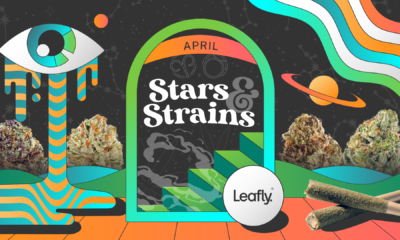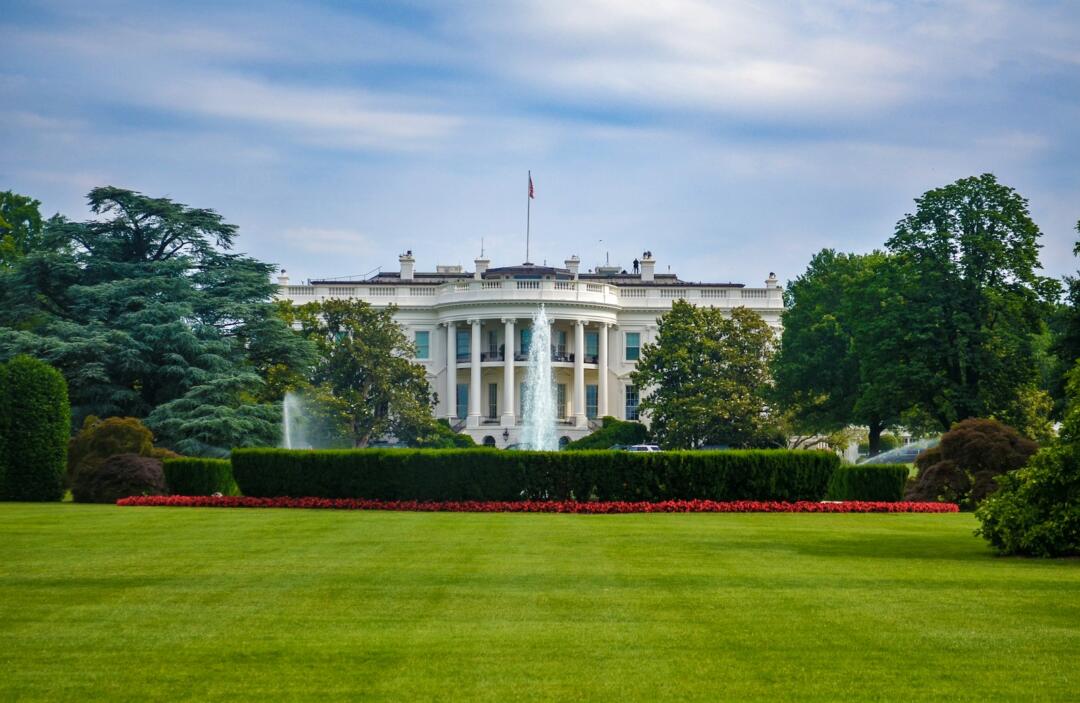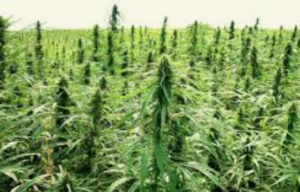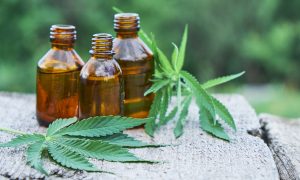Flower is still popular, but so is vaping. One reason is it more discreet due to the lack of smell
Sometimes you can tell when someone is using weed, and sometimes you can’t. As more states go legal and it is become mainstream in Canada, Europe and the US, how people consume is changing. Millennials and Gen Z’s are upending how people consume. Flower is trending to older and more traditional users. Vaping and gummies have become the go-to for the younger set. It is more discreet and easier to use to transport and easily use in public. This has lead some to ask why vapes don’t have the weed smell.
Why vaping doesn’t smell like marijuana is in the science of how each method delivers a high. Through a process called decarboxylation, heat applied to raw flower alters the precursor tetrahydrocannabinolic acid (THCA) into the psychoactive tetrahydrocannabinol (THC). But raw flower also contains many other organic compounds, many of which, like terpenes, are also altered during combustion and responsible for burnt marijuana’s distinctive odor.
RELATED: The Benefits And Potential Downsides Of Vaping, According To Research
Vaporizing cannabis oil works a little differently. Vaporizers heat up oils and concentrates to a temperature that converts THCA to THC without burning it. Flower vapes also designed to heat up buds only enough to initiate the chemistry that makes the high happen.
For as stealth as vaping is, it is not without some drawbacks. Cannabis oils and concentrates tend to be produced for maximum THC concentration, oftentimes by refining and then distilling inexpensive weed trim. Marijuana flowers have hundreds of compounds besides THC that work together to produce a high unique to smoking flower. This however is changing as concentrate producers are creating “full spectrum” oils that include terpenes, as well as cannabinoids besides THC, such as CBD.
RELATED: The Most Popular Marijuana Flavors
Another drawback are counterfeit vape cartridges and devices. Vape batteries contain batteries that can explode or cause a fire if it’s left in a high temperature area, like a locked car, or it’s exposed to air or water. Some malfunction due to poor quality. Counterfeit cartridges can contain harmful chemicals, or little to no cannabis in it. Cheaply made carts can also malfunction or leak, making whatever oil is left wasted and unusable.
Being able to conveniently and discreetly get high with a vape is great, made all the better, consistent, and trouble-free when manufacturer’s instructions are followed and you consume responsibility.

 Cannabis News2 years ago
Cannabis News2 years ago
 One-Hit Wonders2 years ago
One-Hit Wonders2 years ago
 Cannabis 1012 years ago
Cannabis 1012 years ago
 drug testing1 year ago
drug testing1 year ago
 Education2 years ago
Education2 years ago
 Cannabis2 years ago
Cannabis2 years ago
 Marijuana Business Daily2 years ago
Marijuana Business Daily2 years ago
 California2 years ago
California2 years ago



























